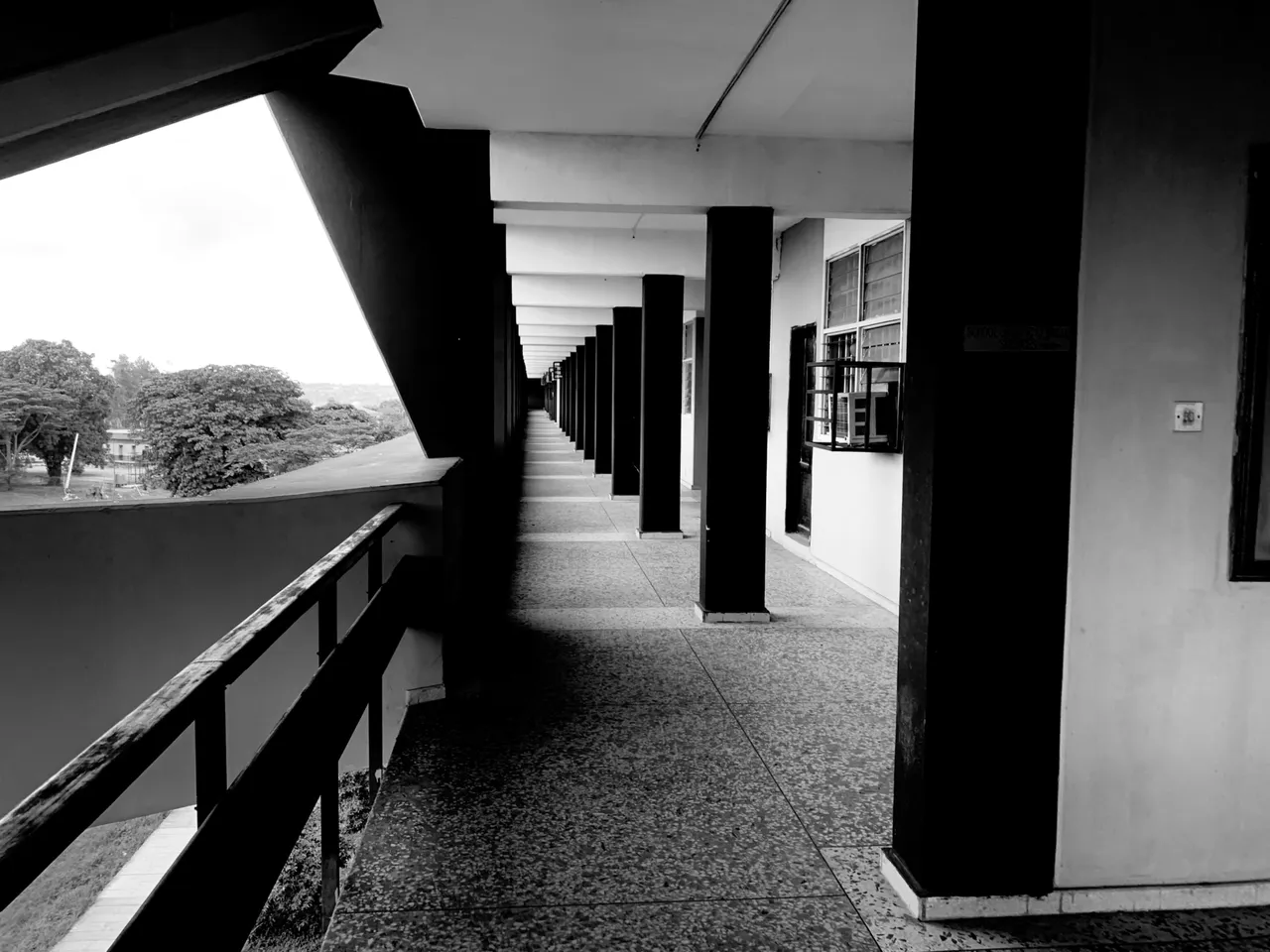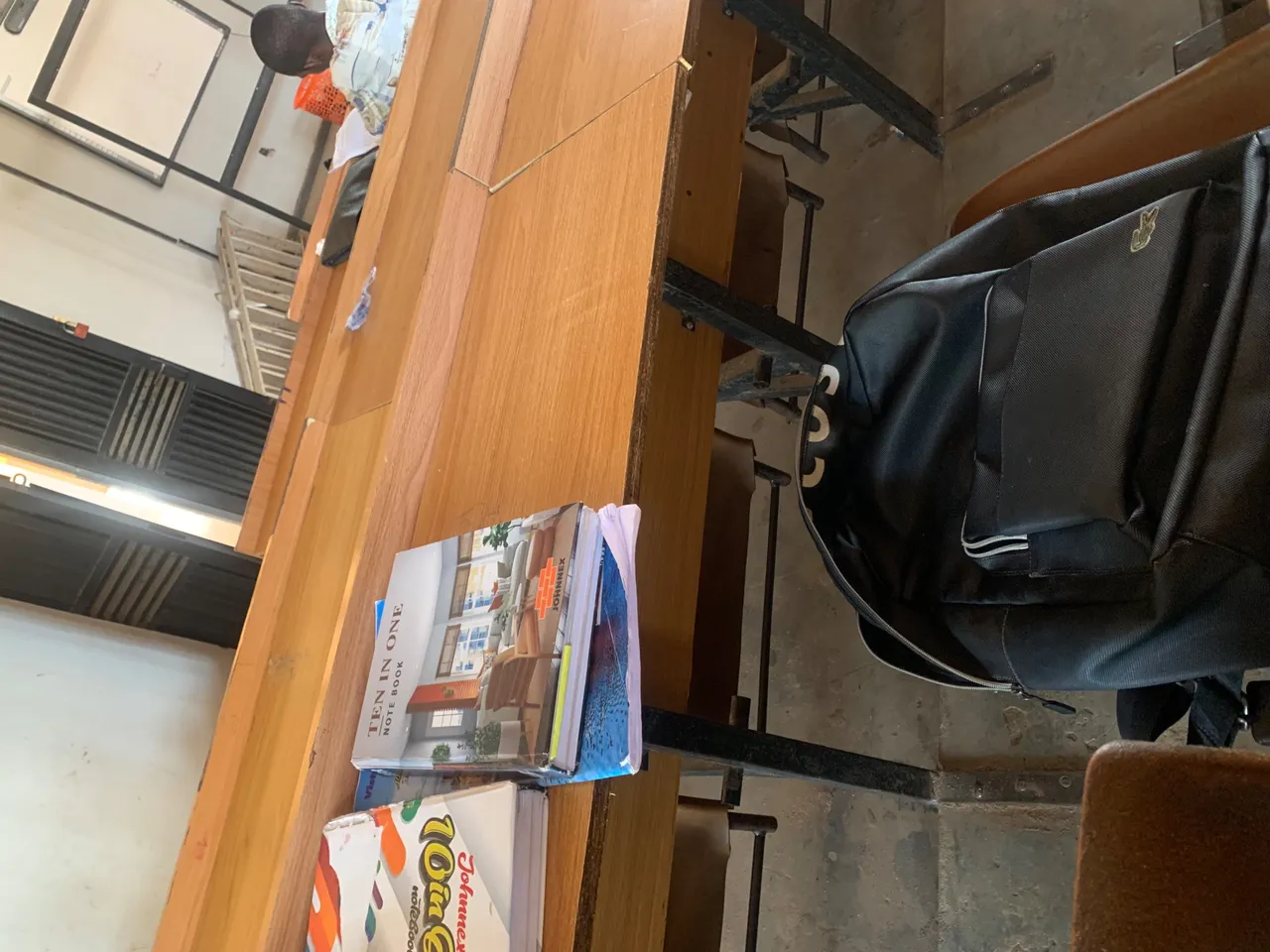Knowledge is a powerful tool that can shape our understanding of the world and our place in it. It has the ability to inspire, educate, and empower us. However, it can also be a double-edged sword, capable of causing emotional distress and discomfort. As we seek to stay informed about the world around us, it's essential to recognize the delicate balance between awareness and emotional well-being. As humans we sometimes get sentimental about some things and we definitely have to consider that even as we try to get knowledge about our surroundings.

On one hand, knowledge can be a liberating force, just imagine you have the information of everything at your finger tips, it will be almost impossible for anyone to deceive you or con you. So having knowledge allows us to make informed decisions, challenge our assumptions, and grow as individuals. It can help us develop kindness, understanding, and a deeper connection to the world around us. By staying informed, we can become active participants in our communities, advocate for positive change, and make a meaningful impact on the lives of others.
Sometimes, the major reason why we have apathy towards politics and leadership is because we don’t even know how it works and also we don’t know what is happening around us, so what are we going to do in the position of leadership? Nothing, except we start acquiring knowledge about these things. It is only in few cases we have good knowledge about something and fail to use it.

On the other hand, knowledge can also be overwhelming and emotionally taxing. Exposure to traumatic events, injustices, and cruelty can leave us feeling helpless, anxious, and depressed. Just like when we see in the news that someone was kidnapped and killed while traveling to a particular country or place, that can cause some people to never use that road again. The constant bombardment of negative news can erode our sense of hope and optimism, leading to emotional exhaustion and burnout. In as much as it is good to have knowledge of everything as much as we can, that can also pose as a challenge in some cases too.
So, how do we navigate this fine line between awareness and emotional well-being? The answer lies in finding a balance that works for us as individuals. For those of us who feel deeply, that is get easily emotional about everything, it's crucial to acknowledge our emotional limits and take steps to protect our mental health. This may mean setting boundaries around our exposure to traumatic content, taking breaks from the news, and listening to things that nourish our minds, bodies, and souls.

However, for those who can handle the weight of knowledge, it's essential to embrace it fully. By seeking truth, wisdom, and understanding, we can gain a deeper appreciation for the complexities of the world around us. We can develop a sense of belonging, compassion, and connection to others, and become agents of positive change. Because we know what is happening around us, we can use that to help those around us that can’t access information the way we can. Because we understand better, in that wisdom we can share it to them in a way that won’t get them emotionally disturbed but informed as well.
Ultimately, the power of knowledge lies not just in the information itself, but in how we choose to use it. By being mindful of our emotional limits and taking steps to maintain our emotional resilience, we can harness the power of knowledge to build a better world for ourselves and those around us. And let us remember that awareness and emotional well-being are not mutually exclusive, but rather complementary aspects of a life well-lived.
I believe information should be made readily accessible to every one that seek for it because the truth is not everyone will be interested in it because some individuals are too emotional when it comes to things they hear and see.
This is my response to the Hivelearners topic on ”24/7 NEWS”
